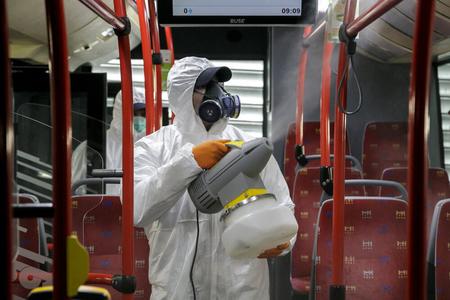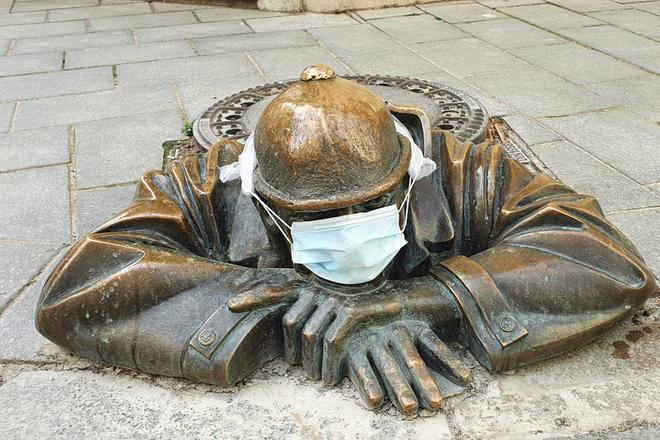Shane Markowitz holds a PhD in political science from Central European University with a research specialization in science and technology policy.
Head out for a walk around Bratislava and you might get the impression that this summer is shaping up to be like any other. Streets are now the site of increasingly bustling crowds. Gone, meanwhile, are the palette of face masks that have helped the country avoid the steep fatality rates of the global pandemic.

Caution seems to have been thrown to the wind, replaced by a newfound complacency. With the exception of grocery stores, face masks are being abandoned by staff and clients alike, including at office buildings and public facilities like restaurants, hair salons, small shops, and taxis.
Not immune to coronavirus
Travel routes, meanwhile, have been reopened to Croatia and other vacation destinations. And there are growing signs that many unnecessary group activities and outings are on the rise. Workplaces, even those that could easily operate via remote and flexible schemes with minimal disruption, are returning to pre-crisis office routines.

Though concerns regarding medical infrastructure motivated society and government to pursue a precautionary approach in early March – well before most European countries took the threat seriously – this apprehension seems to have dissipated.
Coming off success that has putthe country and the region more generally in a positive light against Western European peers, one might wonder if the same misplaced hubris that was earlier prevalent elsewhere isn’t developing here.


 Čumil (Rubberneck) with mask (source: Ján Pallo)
Čumil (Rubberneck) with mask (source: Ján Pallo)